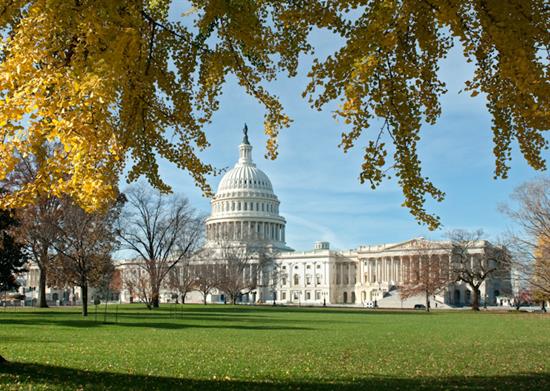McGovern, Stefanik Introduce Bipartisan Bill to Expand Federal Work-Study Program
Washington,
May 29, 2019
WASHINGTON – Today, Representatives James P. McGovern (D-MA) and Elise Stefanik (R-NY) introduced the Classroom to Careers Act, a new bipartisan bill that would expand federal work-study to allow students in the program to get a full-time job in their field of study.
The full text of their bill is available here (PDF). Currently, the federal work-study program only provides students with part-time jobs that are on-campus, in the government, or at non-profit organizations—but not in the private sector. While these jobs typically help students pay for school, they are usually not directly related to students’ career goals and might not give them the on-the-job training they need to succeed in the job market after graduation. “As the father of a college student and a soon-to-be college student, I know firsthand how important it is to integrate real-world experiences with classroom learning,” said Congressman McGovern. “By allowing work-study funds to be used for experiential learning, this bill will make it easier for kids all across Massachusetts to develop the vital career skills and experiences they’ll need to succeed after they graduate.” “The regulations in the current Federal Work-Study Program limit the modern student’s ability to integrate classroom learning with real world, on-the-job experiences that are needed to ensure they are competitive in the post-graduation job market,” said Congresswoman Stefanik. “This bipartisan legislation eases restrictions by allowing students to participate in a federal work-study in the private sector. I’m proud to lead this effort to ensure North Country students are well-equipped with the skills they need to succeed in the career of their choosing after college.” Neither schools nor students would be required to use funds for this purpose. The legislation does not create any new spending, and would simply expand the optional, allowable uses of federal work-study funds and increase the federal work-study program flexibility to include full-time employment for up to six months. Students would be able to gain valuable work experience that is aligned with their academic study and career interests to put them on a path to a job upon graduation. The federal work-study program helps students with the cost of attending college by subsidizing their pay in jobs. According to the Department of Education, approximately 3,200 postsecondary institutions participate in the program, with the federal government distributing over $1.1 billion annually to provide more than 600,000 students with around $1,700 in annual wages each to help pay for college. |
Press Releases
Constituent Services
Read More
How can I help?
From getting answers from government agencies to cutting through red tape to get you results, my office is here to help.
